Websites are all based on a foundation called a CMS (Content Management System). CMS Platforms is software that makes it effortless to build and manage a website without using code. The platform creates, manages, modifies, and publishes content in a user-friendly interface.
With a CMS, it’s possible to personalize and enhance your site’s functionality through plugins, extensions, and templates (free or paid). When using a CMS, no coding knowledge is necessary, making this an excellent platform for anyone in a company to manage its website(s).
Table of Contents
The Importance of CMS Platforms
Managing a website has never been easier than when using a CMS platform. Would you like to make some changes to the website? It’s simple! All you need to do is open the content editor and make the necessary changes, then click the buttons to have the CMS save these changes. That’s it—no coding is needed.
Adding a new blog post is just as easy. Just write the post in the content editor and hit the button that says “Publish.” It’s easy and fast to put out new content with a CMS.
There are also other benefits to using a CMS platform, including the following:
Easy collaboration: a CMS platform allows multiple users to access and work on the CMS. They can even work on the platform at the same time.
User roles & permissions: these platforms also allow you to determine user roles and permissions with a click. This feature means you can grant certain roles and permissions to content writers. The permissions will only allow them to write, publish, and manage content, nothing more. Your site is significantly safer from human error or any employee with harmful intentions.
SEO features & extensions: CMS platforms for localization also include other features, such as allowing you or a third party to customize meta descriptions, page titles, and more. They also make it easy to manage SEO-friendly URL structures, create XML sitemaps, add image alt text, and more.
Security features & extensions: another benefit of using a CMS is that it includes built-in features and extensions that keep your website more secure.
Predesigned templates: many CMS platforms for localization also come with a broad range of predesigned website templates. These make it easy and fast to customize the appearance of your company site.
Updates: these are fast and easy with a CMS. Even major updates are faster and easier than ever before.
Blogging functionality & features: these platforms also make it easier to blog with their included blogging functionality. It’s never been easier or faster to create a blog.
These are only a few of the many benefits your company can enjoy by installing a CMS platform for your site. Website management has become an easy process for SEO, content marketing, and e-commerce.
What to Look for in a CMS Platform

Some companies may want to have their sites translated for a multilingual audience. In that case, choosing a multilingual content management system (CMS) is best. With all the many platforms to choose from, which is the best for a multilingual website?
Here are some factors to consider before choosing a CMS for your business website:
Global architecture: the CMS should create country sites and designate what material needs to be translated. The platform should include a built-in CDN (content delivery network). These make it easy to provide content to any part of the world quickly.
Translation workflow: the translation process should be easy to initiate for on-demand or scheduled batches.
User permissions: ensure that all content, folders, and assets can only be accessed and customized by specific individuals in the company.
Content governance: the platform also needs to make it easy to set up workflows and governance of these workflows to successfully manage the content production environment.
Multilingual content management: the CMS platform also needs to offer Unicode support to allow the platform to display, edit, and manage any language with accuracy. The software also needs to support the characters of each language accurately.
These are the main features to look for in a multilingual CMS for your business website.
Top CMS Platforms for Localization
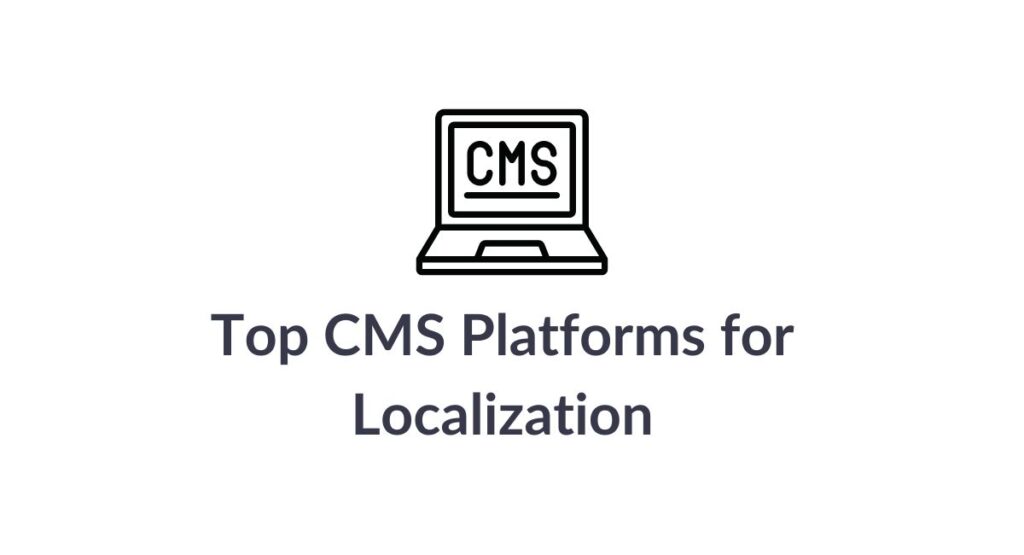
Choosing the best CMS platform for localization can be difficult, so we’ve put together a list to help you get started. The list includes the top CMS platforms for this purpose, information about each platform’s features, pros/cons, pricing, and who could best benefit from the specific CMS platform.
1. WordPress
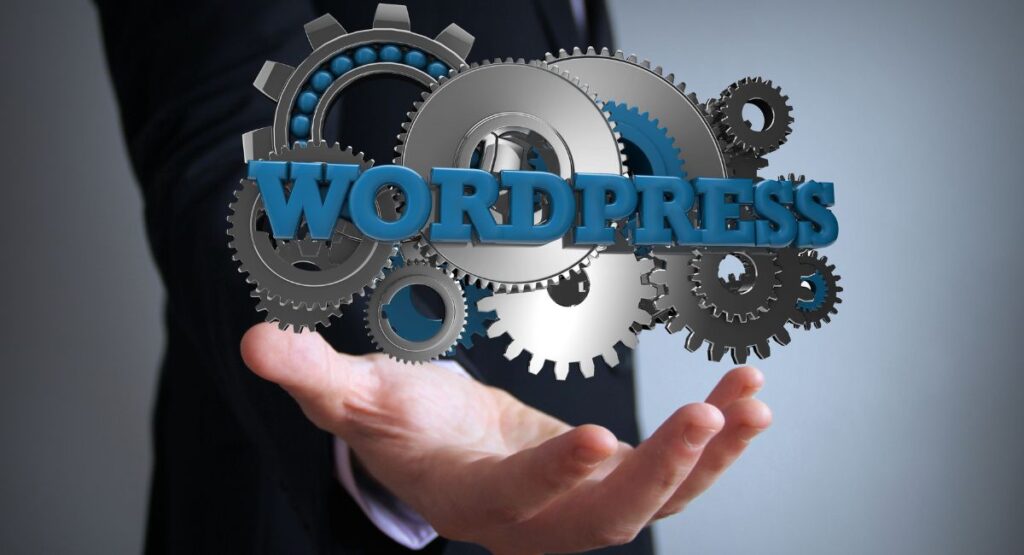
Over 43.1% of the websites currently online use WordPress, according to W3Techs. What makes this CMS platform so popular? The software for WordPress is open-source, which means the software is scalable and flexible. In addition, the CMS also has over 58,000 plugins, making it easy to customize and add functionality to your website.
Pros:
- Easy to customize using plugins; WordPress has a store with plenty of free plugins to choose from.
- The cost of this CMS is also flexible, so you’re sure to find a price point that fits your company budget.
Cons:
- Doesn’t offer customer support. Instead, the platform relies on forums, tutorials, and documentation.
- Not all WordPress themes and plugins are reliable or high quality.
WordPress is an easy CMS for most people to work with. No coding knowledge is necessary. It’s a good fit for businesses of any size that want to create a multilingual website.
Pricing:
- WordPress starts with a free account for anyone using the platform for personal use.
- Premium starts at $8/month billed yearly
- Commerce is $45/month billed yearly
They also offer additional packages that go up from here.
2. Joomla
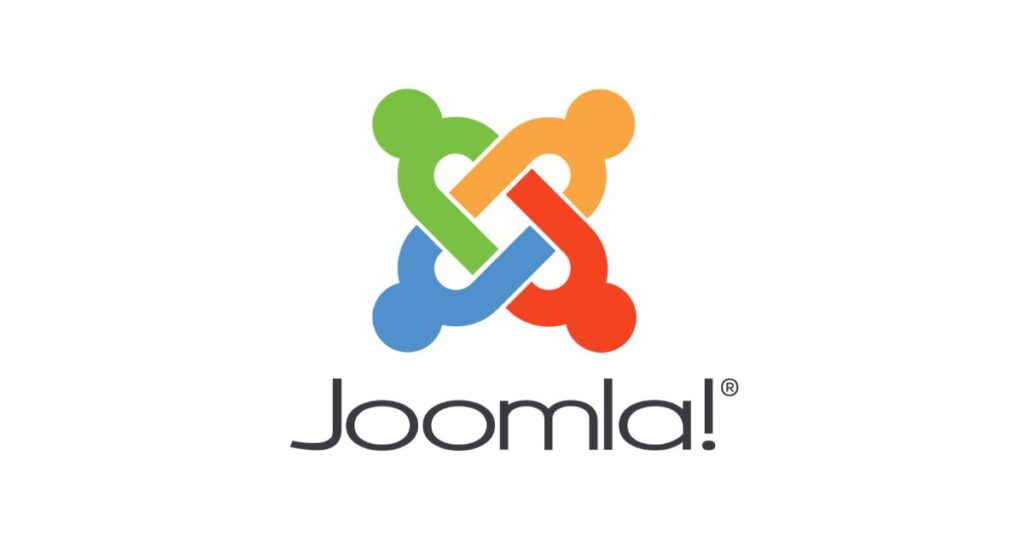
Next on our list of CMS platforms for translation is Joomla. Similar to WordPress, Joomla is open-source software that offers a wide range of functionality, including multilingual functions. The only issue is that the setup of Joomla can be difficult for anyone who is a non-technical user.
Pros:
- Offers 2-factor authentication to keep the site more secure.
- Manages large or small sites easily and effectively.
Cons:
- The platform doesn’t always provide compatibility between different plugins or modules.
- The control panel contains terminology that can be too “techy” for non-tech users to understand easily.
Joomla is best for professional websites that are managed by a team of IT techs.
Pricing:
- Single: $1.99/month
- Premium: $2.99/month
- Business: $3.99/month
3. Drupal
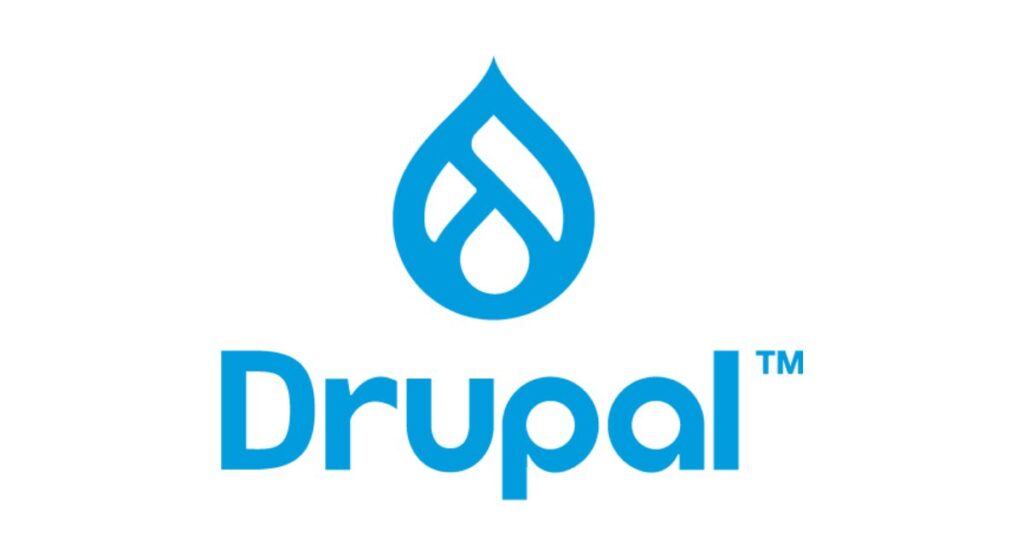
If you’re looking for a multilingual CMS platform that’s made for professionals and includes a flexible API architecture, Drupal may be the right solution. Drupal, unlike other CMS platforms, has built-in features that enhance security and performance. Moreover, websites built with Drupal tend to receive more traffic than those made on other platforms.
Pros:
- Built-in modules make it easy and fast to customize the functionality of your site
- This platform is also not as vulnerable to security issues as other CMS platforms.
Cons:
- Anyone working with this CMS must have knowledge of PHP, CSS, and HTML.
- Managing the platform can be a challenge, including upgrading to a newer version.
Drupal is the best choice for advanced users with a high level of technical knowledge. This is also the best platform for more complex, large websites.
Pricing:
- Premium: $2.99/month
- Business: $3.99/month
4. Magento
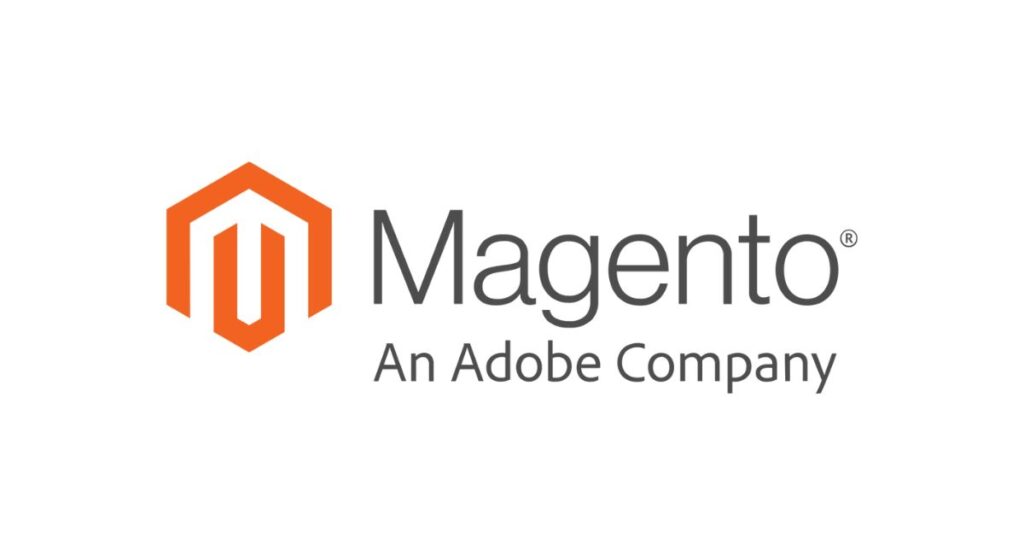
Magento is next on our list of recommended CMS platforms for localization for businesses that have multilingual websites. This CMS is highly recommended for e-commerce sites. The software offers enhanced security, SEO, and customization, making this a flexible CMS that will fit a wide range of e-commerce websites.
The platform is also a great choice for large online shops, and it can support a large number of products and orders.
Pros:
- Content management works well with mobile devices—it is highly responsive
- It’s possible to manage multiple stores in different locations with different currencies and languages
Cons:
- The initial setup is complex
- Customizing the design can be time-consuming, as can listing products
Magento is the best CMS for medium to large e-commerce websites.
Pricing:
- KVM 1 is $5.99/month
- KVM 2 is $7.99/month
- KVM 4 is $12.99/month
- KVM 8 is $21.99/month
5. Strapi
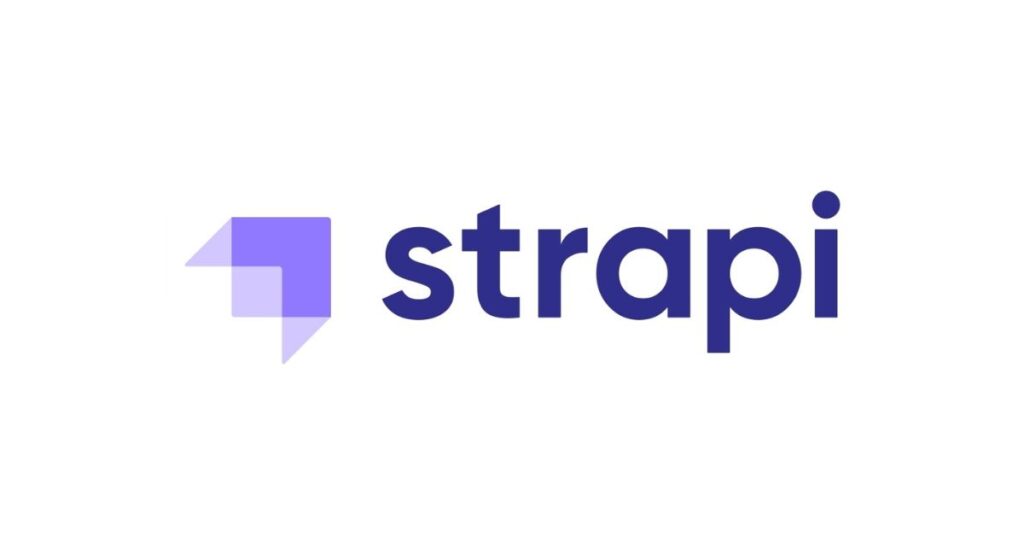
Strapi is an open-source CMS platform that makes it easy for developers to build their own websites. This platform uses GraphQL and the React framework to create customized interfaces to manage their content. API allows the platform to present content in a wide range of languages.
Pros:
- The CMS platform is easy to use and flexible
- It’s also easy to scale fast.
Cons:
- The platform is open-source but is not completely open-source.
- This CMS also requires frequent updates; if the site is not updated, it could break entirely.
Strapi is an amazing tool for creating fast, modern websites. It’s best for businesses that have highly knowledgeable IT techs.
Pricing:
- Self-hosted: free forever
- Self-hosted, flexible pricing: this information is only available by contacting their sales department
Related Post:The Role of Multilingual SEO in Today’s Global Market
Case Study of Successful Websites Using These Platforms
We’ve also included some case studies about successful websites using the CMS platforms for localization mentioned in our list.
1. Bluetooth Special Interest Group
This company is a community of businesses that was started in 1988. It now has over 36,000 members worldwide.
The website is built on WordPress and makes the site available in English, Simplified Chinese, Dutch, Japanese, and Korean. It offers a clean, easy-to-navigate website that allows users to find what they need easily.
The site also uses hreflang tags to let search engines know which pages are in alternative languages.
2. Tesla Motors
Tesla Motors manufactures electric vehicles, which are sold worldwide. Their website relies on Drupal, which makes it easy to showcase the company’s products, add detailed specifications, and engage customers with a personalized experience. The company supports the following languages on its website:
- English
- Catalan
- Simplified Chinese/Traditional Chinese
- Czech
- Danish
- Finnish
- French
- German
- Italian
- Norwegian
- Spanish
- Swedish
Tesla has a complex website that’s easily handled by Drupal, and the site ensures that the website is strong and secure against threats searching out website vulnerabilities.
3. Holiday Inn
Holiday Inn has built its website on Joomla. The CMS is user-friendly, and it’s easy to customize the software across different hotels. The CMS makes it easier for Holiday Inn to display its properties, make bookings, and provide a seamless user experience.
Holiday Inn offers its site in the following languages:
- English (both UK and American)
- Spanish
- French
- German
- Italian
- Indian
- Indonesian
- Malaysian
- Singaporean
- Thai
- Chinese
- Japanese
- Korean
Each of these businesses has successfully used the different CMS platforms mentioned in this article. The good news is that CMS platforms seem here to stay.
The Future of CMS Platforms
The future looks bright for CMS platforms for localization as they continue to change and evolve. One of the future trends for these platforms is headless CMS. A headless CMS platform is a content management system that separates the user interface layer from the backend. The headless CMS makes managing content in one place and choosing from various channels to present content easier.
Another new development in CMS is using AI (Artificial Intelligence) in combination with a CMS platform. AI is increasing in popularity, even though many people fear its use. Regarding CMS, AI will automate content organization, image tagging/categorization and offer real-time SEO suggestions.
We’re also seeing talk of how Web 3.0 will impact CMS. It’s expected that Web 3.0 will bring about independent decentralized blockchains to data sources. It may have a significant impact on CMS platforms.
As we said, the future looks brilliant for multilingual CMS software. There’s much support for the changes coming about in CMS software, and this will continue into the future.
Conclusion
CMS platforms for localization are one of the most efficient ways of making content available to a global audience. Companies that want to reach target audiences around the globe should choose from one of the many CMS platforms for localization available today.
We’ve included information about some of the most popular CMS platforms for localization in this article. Each one offers something unique for large and small businesses. Use our quick tips on what features to look for in a CMS to choose the right one for your site.
The future looks very bright when it comes to CMS platforms for localization. They are set to change and evolve, but these platforms are the best choice for any company wanting to reach a global target audience.
